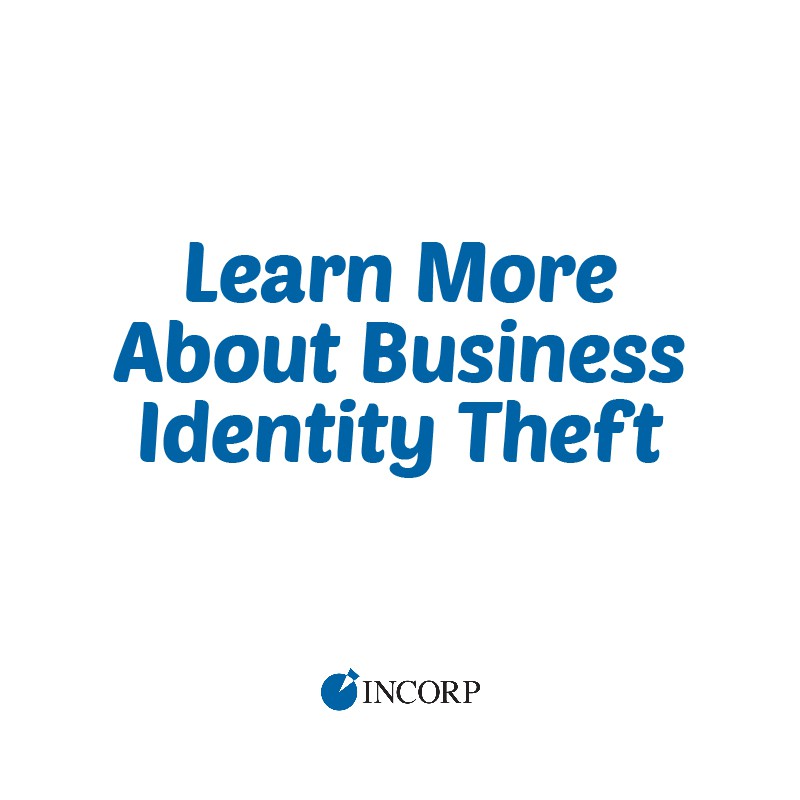Stay in the know!
Join our newsletter for special offers.
Identity theft is not merely a crime that affects individual consumers. Businesses, of all sizes and structure, are identity fraud targets as well.
Like everyone else, criminals want more money with less work. Businesses routinely carry much larger bank account balances than average consumers, making them desirable and tempting targets for identity thieves and cybercriminals. From a criminal's perspective, if you had a choice of stealing $500 to $1000 from an individual, or $10,000 to $100,000 (or more) from a business with roughly the same amount of effort, which would you choose? The answer is obvious, and the resulting shift from targeting consumers to targeting businesses presents dangerous new threats to businesses of every size.
Business bank accounts do not enjoy the same level of fraud protection as traditional consumer bank accounts. Shorter reporting timelines, significantly increased liability for fraud losses, and reduced (or non-existent) transactional scrutiny in business and commercial bank accounts mean businesses must aggressively protect their cash accounts.
Infection of business computers and business systems by viruses, Trojans, and other malicious software ("malware") can let thieves access your business bank accounts, leading to quick and potentially devastating financial losses to your business. It is critical that you and your employees know the risks and take appropriate measures to protect your business. Any business that fails to do so can suffer tremendous losses with little or no hope of recovery.
The national business identity theft resource website, BusinessIDtheft.org, offers a wealth of free information, resources, and tips to help you protect your business from thieves and cybercrime.
Read Business Identity Theft Part 2
Join our newsletter for special offers.
